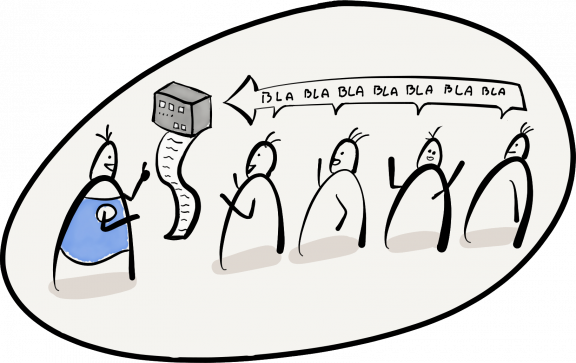
Afdal Tawassul
The Challenge
The best humanitarian projects help people in a way that is empowering for the assisted community. Those development projects have long-lasting effect, and their target group takes over the management and ownership of the project. Often, immediate and long-term feedback is gathered only through officialized channels like surveys and group discussions organised by NGOs and international organisations. Those might miss who are the worst affected by crises, in what precise ways, and how future response can better target the most vulnerable groups.
Goals
The goal of this team is to deepdive in the possibilities of technology and data science to reach a large sample of the population and collect the entire scope of meaningful information for the improvement of interventions. One way of exploring is predictive analytics, which can be used to improve feedback mechanisms, and on a broader humanitarian scope also to predict crises, and perhaps even the evolution of crises.
The possibilities include development of software, collaboration with existing and widely used platforms or use of open-source data. Those have the potential of enabling the development of better, more effective data collection systems, for example immediately following a crisis or a humanitarian project, enabling affected people to communicate their needs more precisely and more effectively, and humanitarian organisations to use the data to create a better, more targeted response.
Problem Statement
The Afdal Tawassul team will create an automated feedback mechanism primarily for Internally displaced people in Yemen that are either currently receiving assistance from UNHCR and their partners including World Food Programme, or those currently outside of the UN data base, but still requiring assistance. The system we propose will rely on 2G mobile network coverage. It will primarily be in Arabic and SMS based since smartphones are a luxury in some areas. Although time permitting an audio extension may be investigated. We build a free or very cheap system and user friendly, since the coexistence of different dialects, as well as illiteracy could be major challenges for its users. The future system could ideally receive feedback from people outside of the UN data base.
Solution Statement
The team has been exploring software solutions for an automated SMS based survey system. We have decided to base the solution on the Django web framework. Twilio will be used as the communication interface to allow automated sending and receiving SMS surveys. Survey responses will be stored in a database, and the data will be made accessible through an API or simple user interface. Survey questions will be designed in Arabic with a view to making the responses structured and suitable for analysis. Time permitting, data visualisation and analysis options may be explored. To get a working product this solution will initially be set up for Switzerland, but the team will explore the costs and logistics of extending this to Yemen and other countries not supported by Twilio.
Presentation
Project Team


Anca Muntenau

Ben Krikler

Christopher Alagna

Eszter Badinova

Ibrahim Sekayi

Ilaria Luise

Ryan Li Hong Liew

Valerio Rossetti
Resources
Afdal Tawassul
